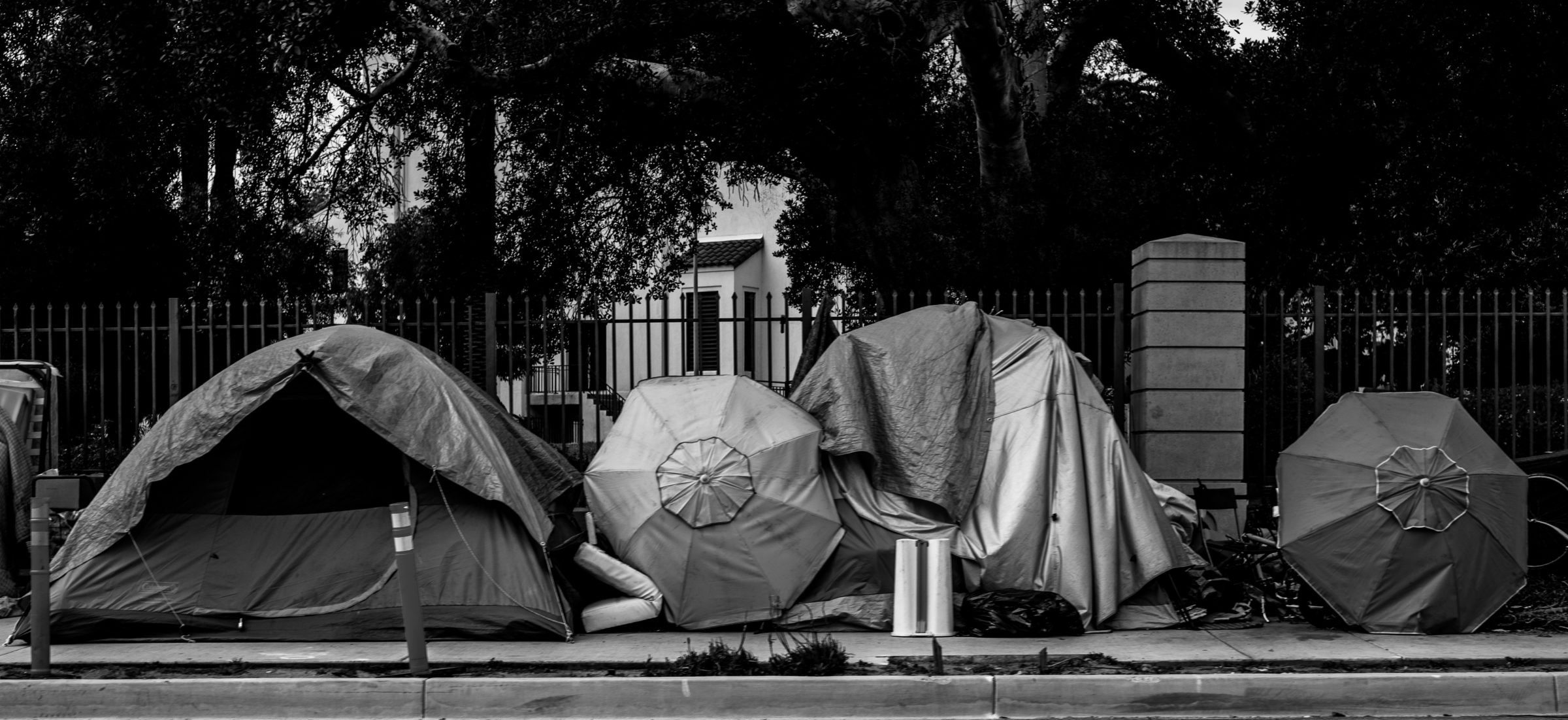Wealth & Poverty Review More Than Economics: Complex Stories of Homelessness
Homelessness is far more than an economic issue. It is a human issue, which makes it as complex and multifaceted as humanity itself. There is no single reason people become homeless, and there is no single solution that will work equally for every single homeless person.
A roof and four walls are necessary but not sufficient for safety, health, and overall well-being. The various paths that lead to homelessness – mental illness, addiction, social isolation – often require far more than shelter to restore a person to a thriving existence.
Take Bethany Yeiser, for example, who I wrote about yesterday. It wasn’t rising housing costs or the loss of a job that led her to four years of homelessness. It was undiagnosed schizophrenia. And it was treatment that returned her to a normal life.
Similarly, Yeiser shares the difficult story of a woman whose son has refused her help for years:
Yesterday, I spoke with another mom whose son spent six years sleeping in a library at a Michigan university where he had completed bachelors’ degrees in physics and math.
Years after he began abusing his privileges on campus, his mother contacted campus security at his university and discovered that they knew her son. She helped him move into stable housing. But soon after, he left again, running away, preferring to be homeless. A doctor determined he was not a danger to himself or others, or gravely disabled. Because he did not fit those criteria, it was impossible to mandate that he begin treatment. She spent tens of thousands of dollars hiring a private detective to find him, all to no avail.
Bethany Yeiser, “How Mental Illness Can Affect the Choice to Be Homeless” at Psychology Today
Or, take Michelle McHenry-Edrington, whose story is recounted in Ending Homelessness: Why We Haven’t, How We Can. Michelle moved to Colorado to pursue a degree after her kids had all grown up. When her plans fell through and she found herself alone in Colorado, she sought the help of a shelter. There was an economic aspect to Michelle’s story, yes, but Michelle also chose not to tell her family and friends about her situation.
I was too proud to tell my family what I was going through, I couldn’t tell my friend Gino because I didn’t want to seem helpless or sound needy, and Toni, well, I had been so happy and sure of myself about the move to Colorado that I didn’t want to sound like a failure.
Shame and other complex, internal beliefs led Michelle to hide from those who were in the best position to help her. One has to wonder: What would the story have been had she immediately reached out to her family and friends? Would she have ever had to experience homelessness?
If you’ll allow me one more example, Kansas City’s 41 Action News interviewed a homeless woman in 2016 about her living situation. “I would rather die on the streets than go into a shelter,” Kyolah told the news crew. She and her boyfriend lived in a makeshift shelter in the woods. She was also an alcoholic. The interview included this heartbreaking conversation:
Kyolah: I wasn’t homeless.
Sarah Plake (Reporter): You weren’t? What were you doing?
Kyolah: I was married. I’ve got five kids. I got divorced. I got divorced and gave up on life. And now, here I am.
Plake: Do you get to see your kids?
Kyolah: Nope.
Plake: Do they know where you’re at?
Kyolah: Nope.
Plake: How does that make you feel?
Kyolah: I don’t want to talk about that. That is a very, very, very sore subject for me.
Mental illness, addiction, and social disconnection are common threads in stories of homelessness. Economics is a contributing factor, but it is not the only factor. Bethany, Michelle, and Kyolah each have complex, multi-faceted stories that require great compassion and holistic responses that take into account the entirety of the human person. For Bethany, it was getting proper medical care. For Michelle, it was re-connecting with her friends and family. For Kyolah, it would be recovery from an alcohol addiction.
Of course, there are far more nuances to this conversation than we have mentioned here – the safety of shelters, the quality of America’s mental health institutions, family dissolution and more. Suffice it to say, the problem is difficult because human beings are complex. Solutions are real, and there is hope, as is evidenced by two of the stories above. Those solutions will require our honesty about the issues in human life that run deeper than economics.

